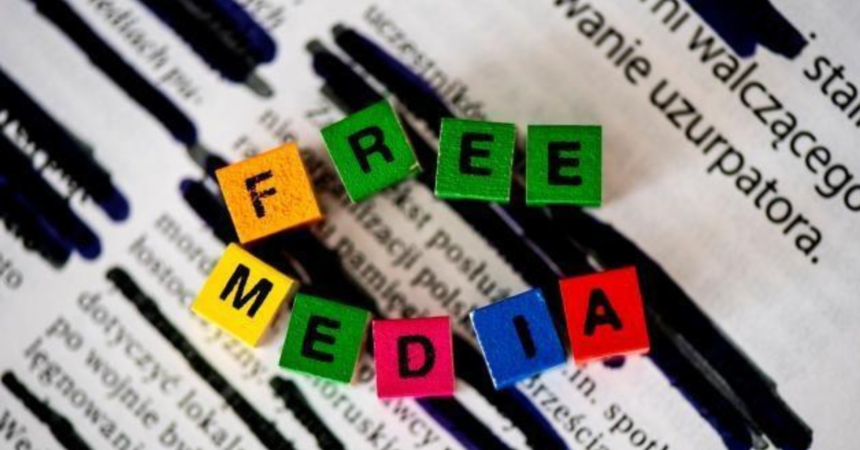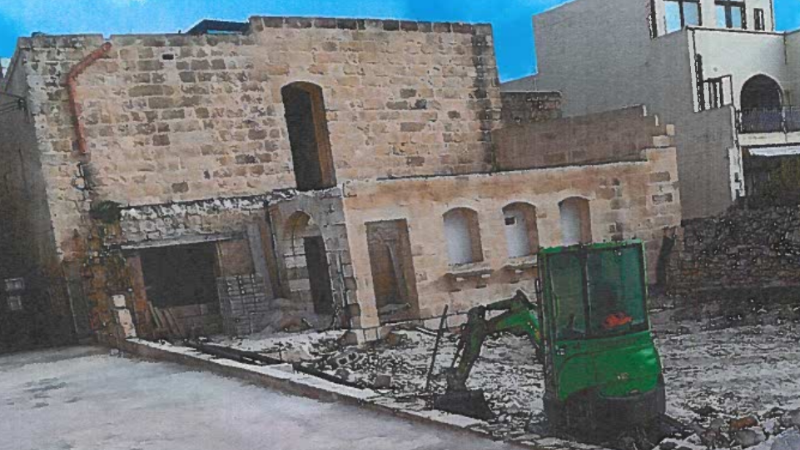The most serious issue facing Malta’s media freedom landscape is the lack of editorial independence in newsrooms, with the two main political forces both owning and operating multimedia outlets, according to a new report from the Centre For Media Pluralism and Media Freedom.
Entitled Local Media for Democracy, the report looked at the 27 European Union member states and analysed the role of media in local and national democracy. While due to Malta’s size and “already saturated” media landscape, there is no distinction between local and national media, it delved into other concerns, such as political instrumentalisation of the media, politicised public media, and a lack of editorial independence.
Malta scored 84% for editorial independence, which corresponds to a “very high risk” in the report. The second and third highest risks were the safety of local journalists and market and reach, both with 60% and considered “high risk”.
Social inclusiveness was next with 57%, also considered “high risk”, with the infrastructure of local media being the only metric in which Malta performed well, with a 3%, “very low risk”.
Editorial independence
The report noted that political parties owning, operating, and deciding the editorial line of their respective media platforms, including online, print, TV and radio, is “problematic”. This is due to political control and commercial entities that have a “strong influence on both the PL and PN given weak party financing regulations, resulting in both direct and indirect pressure on newsrooms.”
It continues that the government and its entities also provide advertising income for media outlets, which offers additional risks for editorial independence.
It notes, “The state can use this to pressure newsrooms to report sympathetically on government affairs. Moreover, concerns are also detected regarding state subsidies, both in terms of fairness and transparency.”
In addition, the situation continued unabated, with no self-regulation in place and the lack of a proper union. The report acknowledges that the Institute of Maltese Journalists has a code of ethics but is “yet to find ways of enforcing it”. Furthermore, plans to develop a self-regulatory structure have not progressed.
It also referenced calls from Reporters Without Borders on the influence the ruling party has over the public broadcaster and how public advertising is used to wield pressure on private media. Additionally, it said the government favoured specific journalists while shunning those considered more hostile.
Regarding reforms to the media law, the report said it has not even been proposed, and progress seems to have “stalled completely”.
Journalists’ safety
Working conditions for journalists were considered “serious” in the report, in particular due to a decrease in spending budgets at media outlets, no pay rises, and the ever-increasing cost of living.
Strategic Lawsuits Against Public Participation (SLAPPs) were also mentioned, with Malta having the highest number of such cases per capita in Europe, almost 20 cases per 100,000 people, most of which are against The Shift.
“The gravity of the staggering number of cases faced by the Shift News is further highlighted by the case of the journalist Daphne Caruana Galizia, assassinated in 2017, who faced 43 civil and five criminal lawsuits at the time of her assassination,” it adds.
Other safety issues facing media workers include large-scale disinformation campaigns, targeting individual journalists, and spoofing websites and emails to spread false information. DDoS attacks, legal threats, and the “consistent denial of FOI requests made by newsrooms to the state and its entities” were also mentioned.
Social inclusiveness
The report states that one in five individuals in Malta is foreign, yet they are “largely invisible or under-represented in the local media landscape.” It continues that most media broadcast in Maltese, with only occasional shows in English, let alone other languages used on the island.
“Malta seems to rely on the fact that all non-Maltese residents speak and understand English, and when it comes to broadcast formats, practically every station broadcasts mainly in Maltese, whilst English tends to be more dominant in print and online media,” it continues.
The fact that minorities are only mentioned in the media about “irregular immigration arrivals or deportations, or news that concerns accidents and crime” was also a concern.













Obvious, really. ToM and MaltaToday were careful not to put any photos of gov faces in the fallout from the Jean-Paul Sofia inquiry, but the soon-to-be-replaced small fry were liberally posted atop their articles.
According to those publications – government is practically out-of-bounds for criminal liability. They merely serve to display how deep the mafia state/banana republic is.